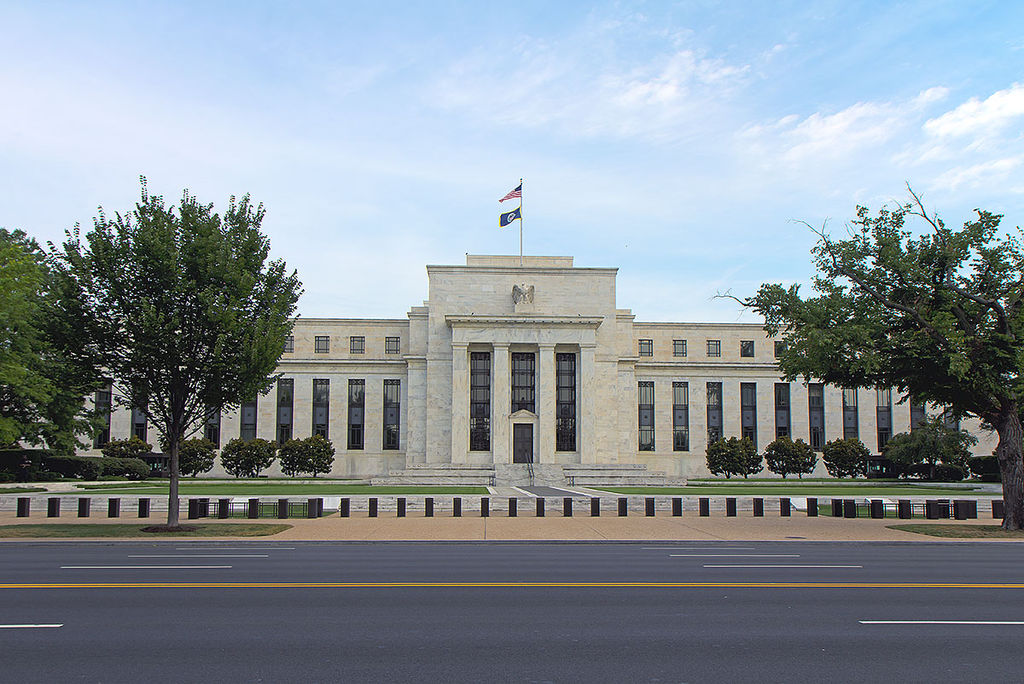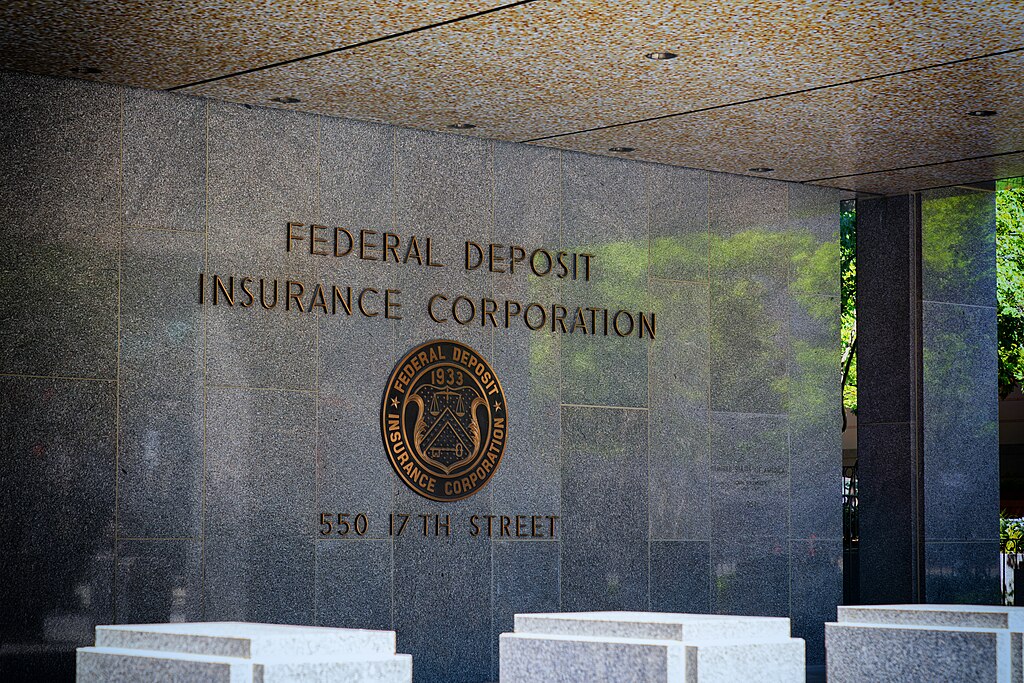Crypto bank Custodia, founded by Caitlin Long, has once again been denied access to the Federal Reserve’s payment system after the 10th Circuit Court of Appeals ruled against its years-long effort to obtain a master account. The decision upholds a lower court’s 2023 ruling, confirming that the Federal Reserve has discretionary authority to reject such applications from eligible financial institutions.
The court concluded that the Federal Reserve Banks can exercise discretion in safeguarding the nation’s financial system, meaning they are not required to grant every eligible depository institution access to the Fed’s payment rails. This decision reinforces the central bank’s cautious stance toward crypto-focused institutions that could pose systemic financial risks.
Custodia first sued the Fed in 2022, claiming officials took too long to evaluate its application before ultimately rejecting it. The Wyoming-based special purpose depository institution (SPDI) argued that federal law compels the Fed to approve all eligible entities for master accounts. However, multiple courts have ruled otherwise. Judge David Ebel, writing for the panel, cited both the Federal Reserve Act and an amendment introduced by former Senator Pat Toomey (R-Pa.), which confirm that the Fed retains discretion in these matters.
Custodia also alleged that the Federal Reserve Bank of Kansas City (FRBKC) had unlawfully coordinated with the Federal Reserve Board of Governors and the Trump administration to deny its application. Both the district and appeals courts rejected these claims, stating that FRBKC made the final decision independently.
In a statement on X (formerly Twitter), Custodia acknowledged the loss but noted it received “a strong dissent” and is considering petitioning for a rehearing. Meanwhile, Fed Governor Chris Waller has suggested a possible “skinny master account” model that could provide limited Fed access to crypto firms without exposing the broader financial system to significant risks.



























Comment 0